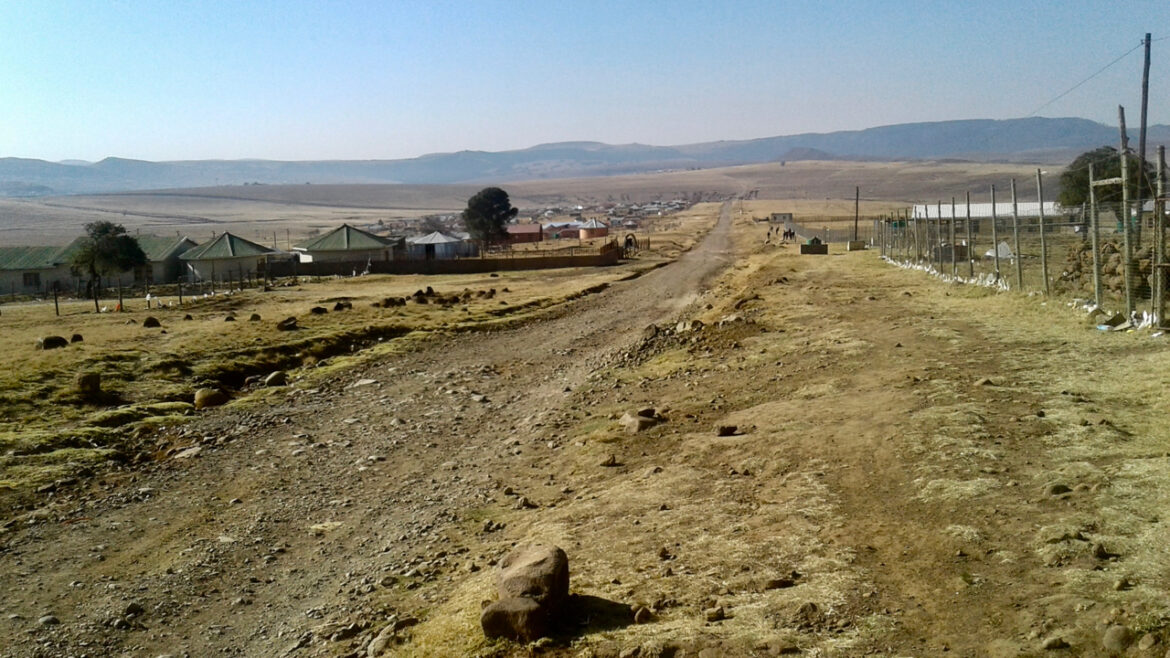Residents of Nogqala village in the Eastern Cape have taken their municipality to court, demanding the completion of an access road and a bridge that connects their village to nearby towns. Currently, villagers are forced to cross a river on foot to access essential services like the clinic, schools, and shops. In times of tragedy, they are left to carry their deceased loved ones across the river in order to bury them.

Although the AB Xuma Local Municipality began constructing the bridge, it has not followed through on building the access road, which remains a pressing issue for the community. This has prompted the villagers to approach the Eastern Cape High Court in Mthatha, seeking legal intervention to compel the municipality to complete the infrastructure.
The court was informed that the river crossing is impossible without the bridge, especially during the rainy season when the water level rises, leaving many people stranded. Schoolchildren are particularly affected, as bad weather can keep them home for up to a month, sometimes resulting in them dropping out. The lack of access also creates hardship when a death occurs in the village, as male relatives must carry the casket across the river and walk long distances to reach the burial site.
The residents of Nogqala also face struggles in accessing transport and essential services. They are forced to travel long distances to reach the nearest gravel road, which severely impacts their livelihoods and businesses. Despite numerous requests to the municipality, the issue has been ignored, even though the bridge was partially constructed in 2021. Unfortunately, it was left unfinished, posing a risk to both animals and villagers.
After many unheeded pleas to local authorities, the residents had no choice but to seek legal help. The municipality responded by citing financial constraints, explaining that while they had appointed a company to finish the bridge, no progress had been made on the road construction.
The village has never had a proper access road since the end of apartheid, despite repeated promises made by various local councillors. As a result, the residents are essentially cut off from neighboring towns like Engcobo and Ugie, where they would typically carry out their shopping, banking, and other essential activities.
While the municipality admitted that the current road access to the village is inadequate, it blamed budgetary limitations for its failure to improve the situation. However, Acting Judge AS Zono found the municipality’s failure to construct the road to be unconstitutional and unlawful. He ordered that work on the access road begin immediately and mandated that the residents be kept regularly updated on the progress of the construction.
This ruling brings hope to the villagers, who have endured years of neglect, as they now look forward to better connectivity and improved living conditions in Nogqala.
